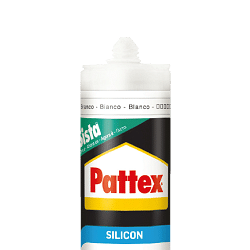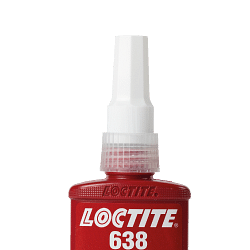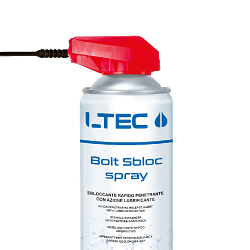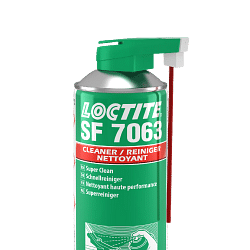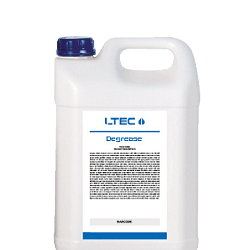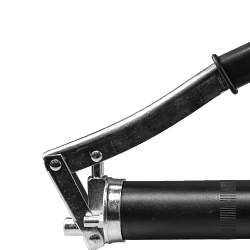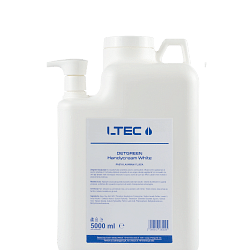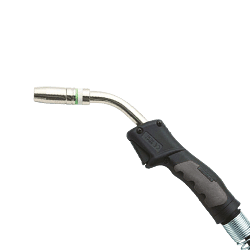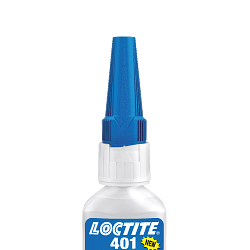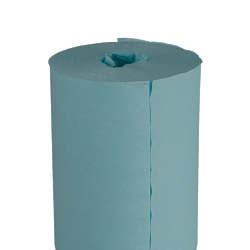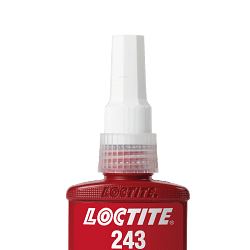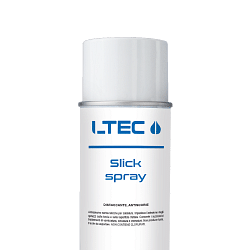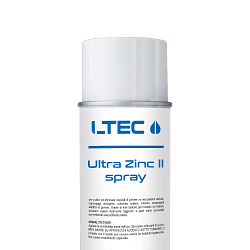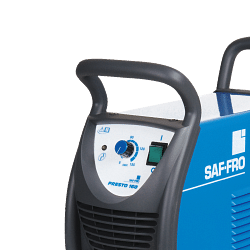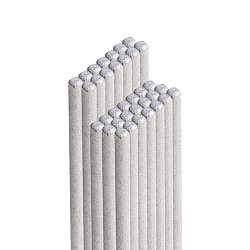Register and use the discount code NEWWELCOME to get 10% off on your first purchase. GET DISCOUNT.
Register and use the discount code NEWWELCOME to get 10% off on your first purchase. GET DISCOUNT.
Register and use the discount code NEWWELCOME to get 10% off on your first purchase. GET DISCOUNT.
Free shipping in 24h from 200€
Catalogues
Customer service
How can we help you?
- Faq
- Customer service
02.927371
- Supporting big orders
02.38298620
-
info@linkindustrialtools.it
- Request assistance with form
Or contact us with the chat in the lower right corner
- All products
 Integral cutting tools
Integral cutting tools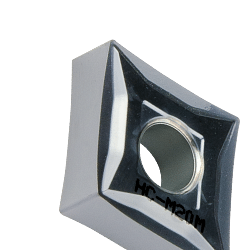 Turning tools
Turning tools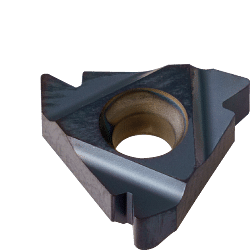 Thread tools
Thread tools Thread tools
Thread tools- All products
- Thread inserts
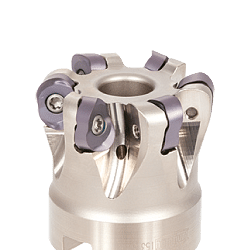 Milling cutters
Milling cutters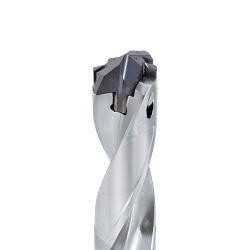 Drilling tools
Drilling tools Drilling tools
Drilling tools- All products
- Indexable drill bits
- Indexable drill heads
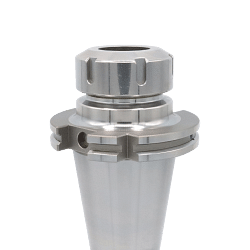 Clamping systems
Clamping systems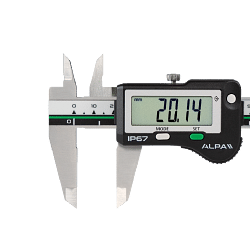 Measuring and precision tools
Measuring and precision tools Measuring and precision tools
Measuring and precision tools- All products
- Digital calipers with readings to 0.01
- Analogue calipers
- Digital micrometers
- Analogue micrometers
- Bore gauges
- Snap gauges
- Digital gauges
- Analogue gauges
- Touch probes
- Zero setters and edge finders
- Inspection plates
- Altimeters
- Height gauges
- Squares and levels
- Threaded rings
- Gauge blocks
- Calibrated tapes and thickness gauges
- Digital and analogue hardness testers
- Roughness testers
- Microscopes, lenses and visors
- Digital thermo-hygrometer to measure moisture
- Reset benches
- Optical profile projector
- Professional, digital dynamometers
- Laboratory scales
- Digital amperometric pliers
- Thickness and adhesion gauges
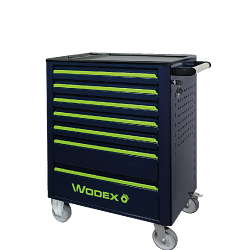 Hand tools
Hand tools Hand tools
Hand tools- All products
- Combination wrenches
- Spanners
- Hook wrenches
- Tubular wrenches
- Hexagon keys
- Torx wrench
- Socket wrenches
- Screwdrivers
- Torque wrenches
- Torque screwdriver
- Inserts and bits for screw drivers
- Tool trolleys
- Workshop pliers
- Wire strippers
- Cable strippers
- Cutting nippers
- Professional scissors
- Nippers
- Professional shears
- American or Swedish pipe wrench
- Adjustable wrench
- Pipe tools
- Pipe cutter for plumber
- Cutter
- Hacksaws
- Deburring tools
- Chisels
- Hammers and mallets
- Mechanical and conical pullers
- Clamps
- Tap wrenches and die stocks
- Riveters
- Flexometers
- Tape measures
- Markers
- Flat squares and rulers
- Professional dividers
- Professional protractors
- Brushes
- Lubricators and spray nozzles
- T-wrenches
- Reversible ratchets
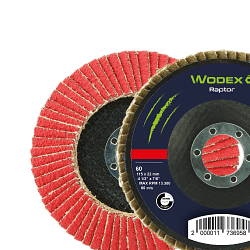 Abrasives
Abrasives Abrasives
Abrasives- All products
- Cutting discs
- Deburring grinding wheel
- Flap discs
- Fabric discs for surface treatment
- Abrasive fibre discs with Velcro
- Abrasive cloth in rolls, sheets and bands
- Flap wheels with pin and abrasive wheel with hole
- Abrasive wheels for buffing machines
- Abrasive spiral bands
- Abrasive brushes
- Flexible sanders
- Mounted grinding discs
- Polishing felt
- Solid carbide rotary cutters
- HSS rotary cutters
- Abrasive wheels for sharpening and grinding
- Diamond grinding wheels
- Grinding stone
- Diamond paste
- Abrasive stones
- Files and rasps
- Diamond files
- Grinders and polishing equipment
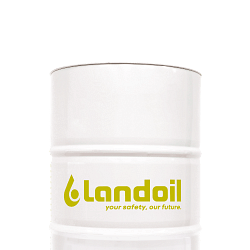 Lubricants for machine tools
Lubricants for machine tools Lubricants for machine tools
Lubricants for machine tools- All products
- Water-miscible coolants
- Neat cutting oil
- Minimal lubrication systems
- Oil for guides and slides
- Drums of hydraulic oil fluid
- Anti-freeze for machine tools
- Air coolers
- Oil separator
- Powders and absorbents for oil
- Aspirators for oil mist
- Accessories for cooling lubricants
- Metal and mould protectors
- Grease and paste
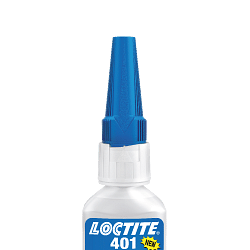 Chemical, adhesives and sealants
Chemical, adhesives and sealants Chemical, adhesives and sealants
Chemical, adhesives and sealants- All products
- Acrylic, cyanoacrylate and epoxy adhesives
- Guns and silicon sealant
- Threadlocker
- Sealants and retainers
- Release agents, lubricants and anti-seize
- Zinc spray and polishes
- Lubrication accessories
- Protections for maintenance
- Industrial Cleansing
- Handwash
- Industrial cloths and rags
- Welding machines
- Electrodes
- Clamps, shields and welding masks
- Antispatter
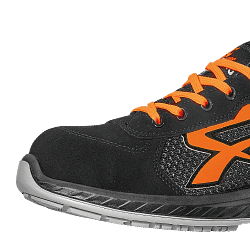 Safety equipment
Safety equipment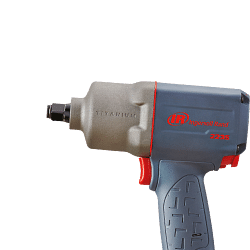 Pneumatics
Pneumatics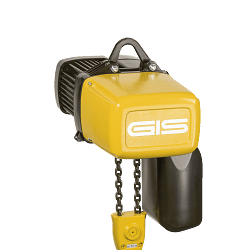 Lifting systems
Lifting systems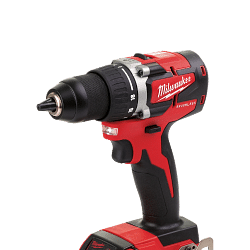 Workshop equipment
Workshop equipment Workshop equipment
Workshop equipment- All products
- Column and bench drills
- Accessories for lathes
- Band saws
- Cut-off machines
- Bench grinders
- Power tools
- Spare parts and accessories for Power Tools
- Saws and hole cutters: wood, metal and plasterboard
- Tapered cutters for sheet metal
- Industrial aspirators
- Fume aspirators
- Bench vices
- Technical lamps
- LED torches
- Industrial cable winders
- Trolley wheels
- Quick clamps
- Threaded inserts
- Control knobs
- Packaging accessories and material
- Belt sanders
- Electric tapping machines
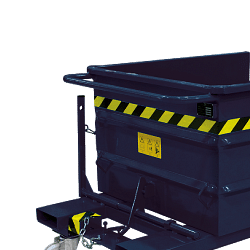 Furnishings and storage
Furnishings and storage Furnishings and storage
Furnishings and storage- All products
- Work benches
- Swivel chairs for office use
- Drawer units for workshops
- Industrial cabinets for warehouses and workshops
- Tool cabinets
- Security cabinets
- Changing room cabinets
- Containers for small metal parts
- Scrap holders
- Workshop trolleys
- Spill pallets for drum storage
- Shelves for warehouses and offices
- Cantilever shelving
- Aluminium ladders
- Modular plinths
- Units and cabinets for waste recycling
 Brand
BrandPromotions
 Bestseller
Bestseller- Catalogues
-
Catalogues
Customer service
How can we help you?
- Faq
- Customer service
02.927371
- Supporting big orders
02.38298620
-
info@linkindustrialtools.it
- Request assistance with form
Or contact us with the chat in the lower right corner
< Chemical, adhesives and sealants
- Home
- Chemical, adhesives and sealants
- Protections for maintenance
Protections for maintenance
In the world of machine shops, maintenance is a crucial aspect in ensuring the longevity and efficiency of equipment. Maintenance protectants play a key role in this context, offering advanced solutions to preserve and improve machine performance. These products are designed to protect metal surfaces from wear, corrosion and other environmental factors that can affect equipment operation.
The importance of maintenance protectants in machine shops
Machine shops rely on a wide range of machinery and equipment to carry out their daily operations. These tools are often exposed to harsh conditions, such as extreme temperatures, humidity and aggressive chemicals. Maintenance protectants are formulated to create a protective barrier that reduces the impact of these factors, prolonging equipment life and reducing the need for costly repairs.
How maintenance protectants work
Maintenance protectants work by forming a thin, tough film on the metal surface. This protective layer prevents direct contact between the metal and corrosive agents, such as water and oxygen, which can cause rust and deterioration. In addition, many of these products contain special additives that improve lubrication, reducing friction between moving parts and improving operating efficiency.
Benefits of using maintenance protectants
The adoption of maintenance protectants offers several advantages to machine shops. First of all, they help reduce machine downtime, as protected equipment is less prone to failure and malfunction. They also improve safety at work, as well-maintained machines are less prone to causing accidents. Finally, the use of maintenance protectors can lead to significant cost savings by reducing equipment repair and replacement costs.
Practical applications of maintenance protection
Maintenance protectants find application in a wide range of industries. In machine shops, they are used to protect machine tools, production facilities and handling equipment. They are particularly effective on metal surfaces exposed to adverse environmental conditions, such as those found in marine environments or areas with high humidity. In addition, they can be used on electrical components and circuits to prevent short circuits and malfunctions caused by moisture.
Frequently asked questions about maintenance protection
Many industry professionals ask questions about maintenance protectors. Here are some of the most common:
- What is the ideal frequency of application of protectors? The frequency depends on the operating conditions and the type of equipment. In general, it is advisable to apply protectants regularly, especially in particularly aggressive environments.
- Are maintenance protectants compatible with all types of metal? Most protectants are formulated to be compatible with a wide range of metals, but it is always advisable to check the product specification to ensure compatibility with the specific material.
- Can protectants be applied to already rusted surfaces? Although protectants can slow down the corrosion process, it is preferable to apply them on clean, rust-free surfaces for best results.
Conclusions
Maintenance protectants are an essential component in the management of machine shops. They offer effective protection against corrosion and wear, improving operational efficiency and reducing maintenance costs. Investing in these products means ensuring the longevity of equipment and continuity of operations, contributing to the overall success of the workshop.
Read More Read LessThe importance of maintenance protectants in machine shops
Machine shops rely on a wide range of machinery and equipment to carry out their daily operations. These tools are often exposed to harsh conditions, such as extreme temperatures, humidity and aggressive chemicals. Maintenance protectants are formulated to create a protective barrier that reduces the impact of these factors, prolonging equipment life and reducing the need for costly repairs.
How maintenance protectants work
Maintenance protectants work by forming a thin, tough film on the metal surface. This protective layer prevents direct contact between the metal and corrosive agents, such as water and oxygen, which can cause rust and deterioration. In addition, many of these products contain special additives that improve lubrication, reducing friction between moving parts and improving operating efficiency.
Benefits of using maintenance protectants
The adoption of maintenance protectants offers several advantages to machine shops. First of all, they help reduce machine downtime, as protected equipment is less prone to failure and malfunction. They also improve safety at work, as well-maintained machines are less prone to causing accidents. Finally, the use of maintenance protectors can lead to significant cost savings by reducing equipment repair and replacement costs.
Practical applications of maintenance protection
Maintenance protectants find application in a wide range of industries. In machine shops, they are used to protect machine tools, production facilities and handling equipment. They are particularly effective on metal surfaces exposed to adverse environmental conditions, such as those found in marine environments or areas with high humidity. In addition, they can be used on electrical components and circuits to prevent short circuits and malfunctions caused by moisture.
Frequently asked questions about maintenance protection
Many industry professionals ask questions about maintenance protectors. Here are some of the most common:
- What is the ideal frequency of application of protectors? The frequency depends on the operating conditions and the type of equipment. In general, it is advisable to apply protectants regularly, especially in particularly aggressive environments.
- Are maintenance protectants compatible with all types of metal? Most protectants are formulated to be compatible with a wide range of metals, but it is always advisable to check the product specification to ensure compatibility with the specific material.
- Can protectants be applied to already rusted surfaces? Although protectants can slow down the corrosion process, it is preferable to apply them on clean, rust-free surfaces for best results.
Conclusions
Maintenance protectants are an essential component in the management of machine shops. They offer effective protection against corrosion and wear, improving operational efficiency and reducing maintenance costs. Investing in these products means ensuring the longevity of equipment and continuity of operations, contributing to the overall success of the workshop.


